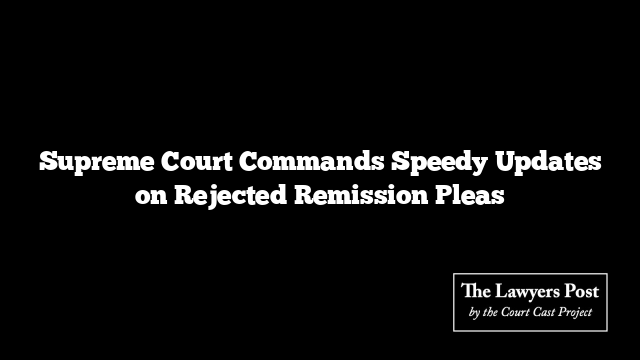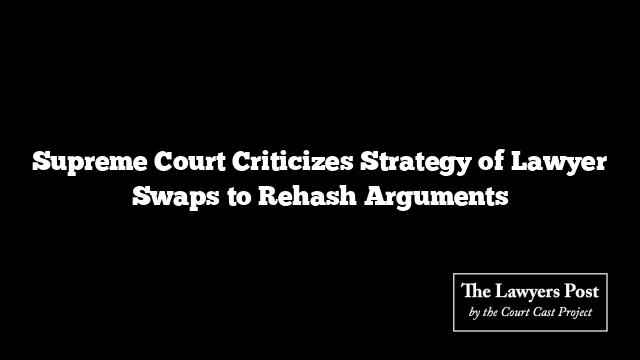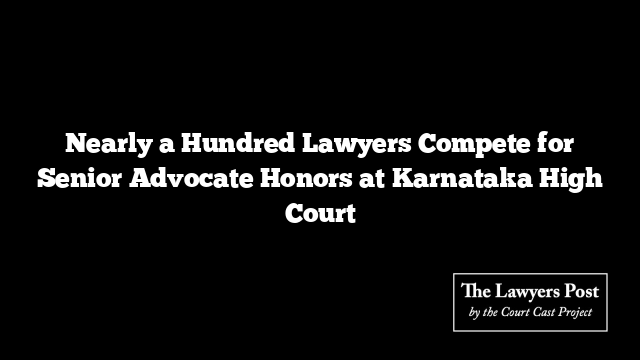In a decisive move, the Supreme Court has ordered all states and union territories to inform convicts about any denials of permanent remission applications within a week. This directive also mandates that copies of these rejection orders be sent to District Legal Services Authorities (DLSAs) to ensure swift provision of legal aid.
The bench, led by Justices Abhay S. Oka and Augustine George Masih, issued a series of crucial directives for states and prison authorities. They emphasized transparency, instructing that remission policies be made readily available in prisons and published on official websites, complete with English translations. Jail officials must notify eligible prisoners of these policies and any subsequent updates.
One of the more significant instructions focused on the prompt communication of rejection decisions. If a denial lacks detailed reasoning, states are now compelled to include the rationale recorded by the Sentence Review Board. Additionally, remission applications should not face delays over pending appeals unless the state seeks a harsher sentence or acquittal.
The Supreme Court underscored the need for a tailored approach to remission conditions, as laid out in a prior judgment. Upcoming discussions in December will consider further overarching guidelines, such as the requirement for states to record reasons for remission rejections and evaluate the possibility of initiating reviews even without convict applications.
State-Specific Directives
- Tamil Nadu: Criticized for not reviewing the majority of eligible cases, the state must resolve all pending applications within two months. It must also ensure DLSAs support affected prisoners.
- Manipur: The state is to reconstitute a Medical Board, including psychiatrists and psychologists, to review the mental health of prisoners of unsound mind. The Ministry of Home Affairs has been instructed to aid in this effort.
- West Bengal: Granted an extension to submit a compliance report by early December.
- Assam: Ordered to address backlogged remission cases by year-end, with necessary legal aid facilitated by DLSAs.
- Arunachal Pradesh: Tasked with promptly informing a convict of the denial of remission.
- Kerala: Directed to resolve pending cases within two months, ensure remission policy accessibility, and issue reasoned rejections. NALSA is to oversee grievance reporting and legal support.
- Himachal Pradesh: Required to seek legal opinions on all pending cases and finalize applications swiftly. The state’s officials are to stick to NALSA’s SOP deadlines.
- Andhra Pradesh: Must finalize a revised remission policy and clear pending cases within two months.
- Odisha: Instructed to pass orders on applications delayed due to documentation needs within two months.
- Uttarakhand: Granted two months to address pending cases, while also developing a system for individualized communication of rejection reasons.
- Chhattisgarh: Tasked with establishing a Sentence Review Board and a new remission policy, with pending applications to be resolved in three months.
- Gujarat: Must act on all pending remission applications within two months and provide detailed rejections, ensuring prisoners receive adequate explanations. Legal aid will be coordinated through NALSA.
The Supreme Court’s continued oversight of these policies is set to resume on December 3, marking the next phase in shaping a more consistent and humane approach to convict remission across India.





